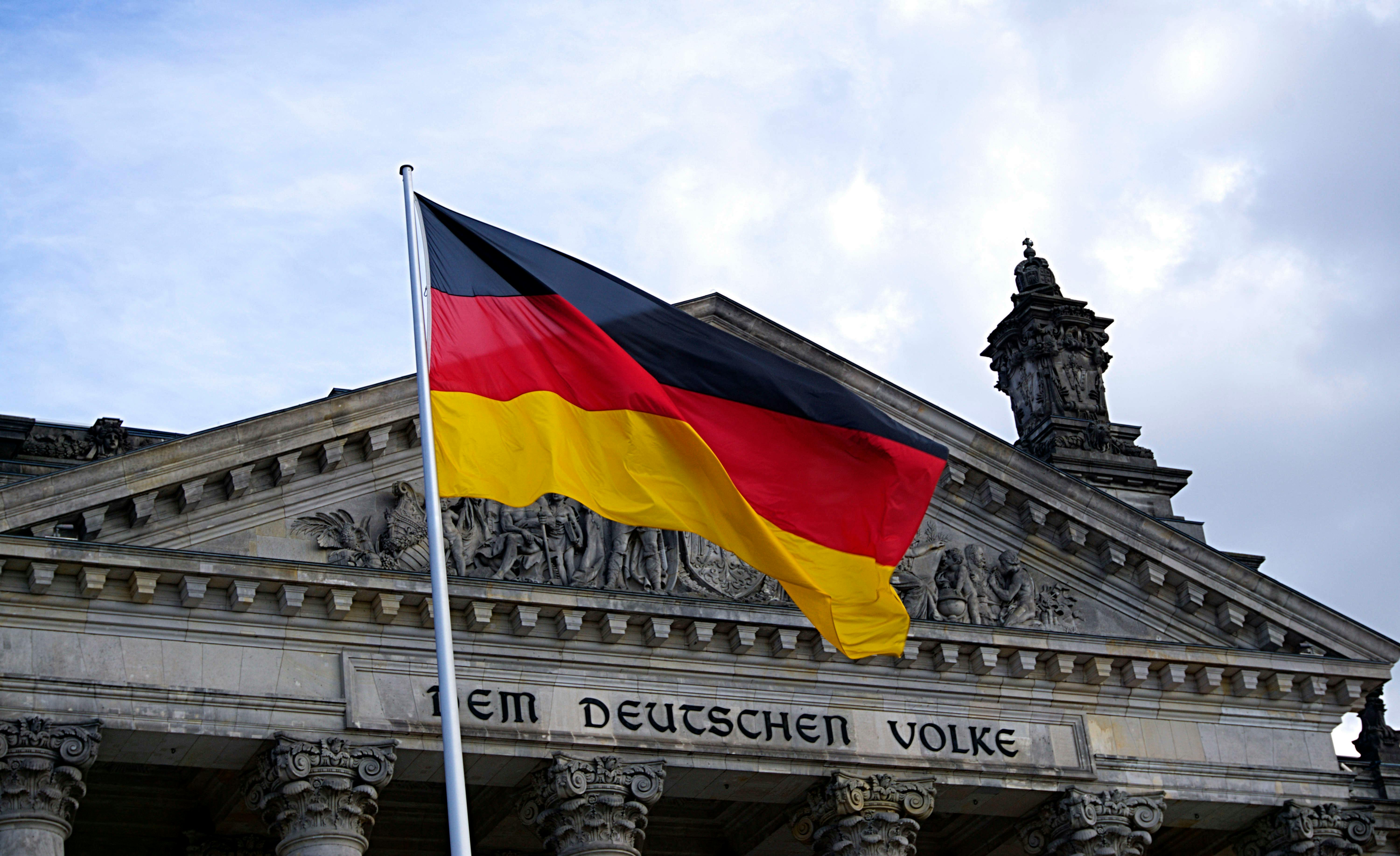Germany's Fragmented Government: A Crisis Of Leadership And Direction

Germany's government is struggling to maintain unity as internal conflicts within the coalition continue to escalate. The lack of cohesive leadership and direction is becoming increasingly apparent, with major policy initiatives being stalled by infighting and disagreements.
Background
The current coalition government, formed by the Social Democrats (SPD), the Greens, and the Free Democrats (FDP), came into power with a promise of progressive reforms and stability. However, from the outset, there were signs of discord among the coalition partners. The differing priorities and ideologies of these parties have led to a series of conflicts that have hampered effective governance.
Major Areas of Conflict
Social Welfare Programs
The SPD has been a strong advocate for increasing social spending, aiming to enhance welfare programs and support for the lower and middle classes. However, the FDP, with its fiscal conservative stance, has opposed significant increases in social spending, arguing for a more balanced budget and caution in public expenditure. This has led to a stalemate on various social policy initiatives.
Climate Goals
The Greens have pushed for ambitious environmental targets, including significant investments in renewable energy and stringent regulations to reduce carbon emissions. While the SPD supports these goals in principle, there is resistance from within the party regarding the economic impact and feasibility of such measures. The FDP, on the other hand, is more concerned about the economic implications and potential burdens on businesses, leading to further delays in implementing climate policies.
Economic Policies
Economic management has become another battleground, with each party holding different views on how to address Germany's economic challenges. The SPD favors increased government intervention and public spending to stimulate growth, the Greens advocate for sustainable economic practices, and the FDP insists on fiscal prudence and market-driven solutions. These conflicting approaches have resulted in gridlock, preventing the government from taking decisive action.
Impact on Governance
Stalled Legislation
The internal conflicts have led to significant delays in passing crucial legislation. Major policy initiatives, such as comprehensive climate action plans and social welfare reforms, have been stalled or blocked due to the inability to reach consensus. This has hindered Germany's progress and development, frustrating both policymakers and the public.
Public Frustration
The electorate is growing increasingly dissatisfied with the government's performance. The constant infighting and lack of clear direction have led to a decline in public confidence. Many citizens feel that their concerns are not being addressed, and the government's inability to deliver on its promises is eroding trust in political institutions.
Leadership Challenges
Lack of Cohesive Direction
The absence of a unified strategy for addressing key issues is a major problem. The coalition's inability to present a cohesive front has weakened Germany's ability to respond effectively to both domestic and international challenges. This lack of direction is also affecting the country's standing on the global stage.
Internal Power Struggles
Key figures within the coalition are often at odds with each other, each pushing their own agendas. These power struggles are affecting decision-making processes, leading to further delays and inefficiencies. The leadership's failure to mediate these conflicts and provide clear guidance is exacerbating the crisis.
Potential Consequences
Political Instability
If the coalition cannot resolve its internal conflicts, Germany may face a period of political instability. The risk of early elections looms large, which could further disrupt governance and lead to an uncertain political landscape. Potential scenarios for future political alignments are already being discussed, with some speculating about new coalitions or shifts in party leadership.
Impact on Germany's Role in the EU
Domestic instability is also affecting Germany's leadership in the European Union. As one of the EU's most influential members, Germany's internal struggles are being closely watched by its European partners. The inability to maintain a stable government could undermine Germany's ability to lead on key EU policies and initiatives, with potential repercussions for the entire bloc.
Conclusion
Germany's government is currently facing a crisis of leadership and direction. The internal conflicts within the coalition are preventing effective governance and eroding public confidence. Resolving these issues is crucial for restoring stability and ensuring that the government can deliver on its promises. Decisive leadership and a unified approach are essential to navigate this challenging period and rebuild trust among the electorate.
Author: Brett Hurll
The Self-Destructive Nature Of Anti-Tourism Protests: Balancing Resident Concerns With Tourism Benefits
In recent years, anti-tourism protests have become increasingly common across popular tourist destinations. From the Bal... Read more
Military And Strategic Implications Of The Ukrainian Drone Attack In Kursk
On a recent morning, the Kursk region in south-western Russia witnessed an unexpected and significant event: a Ukrainian... Read more
Chinese Tech Stocks Gain Ground Despite Wall Street Technology Sell-Off
Chinese tech shares in Hong Kong gained on Friday, defying a technology stock sell-off on Wall Street, driven by strong ... Read more
Defense Pact Between Britain And Germany: A Focus On Cybersecurity And Joint Operations
In a move set to redefine European defense collaboration, Britain and Germany have signed a comprehensive defense pact a... Read more
US Secret Service Director Steps Down After Trump Assassination Attempt
Security lapses admitted by Kimberly Cheatle prompt resignation.Kimberly Cheatle, the head of the US Secret Service, has... Read more
Kamala Harris Promises A Brighter Future In Official Campaign Launch
In a vibrant and impassioned campaign launch, Vice President Kamala Harris vowed to lead America toward a "brighter futu... Read more

